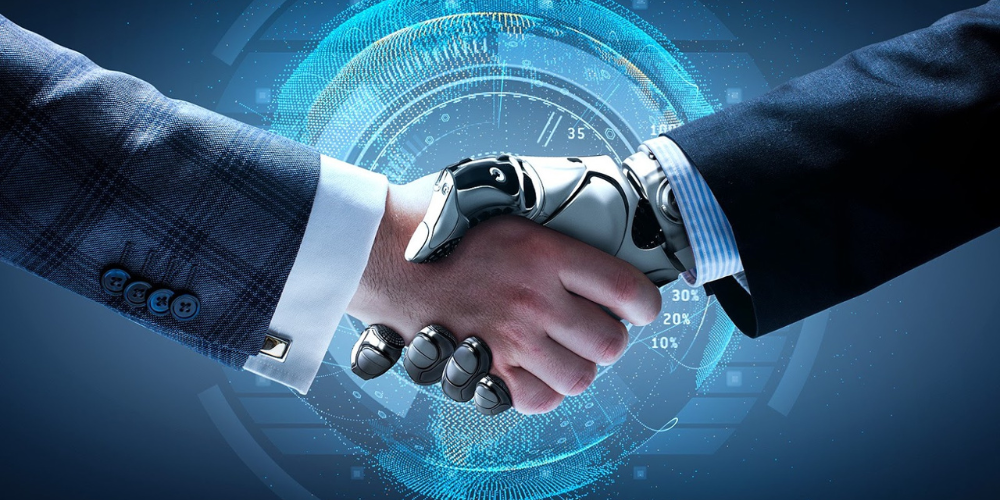
The evolving landscape of technology sees a new dawn as IBM, one of the global leaders in technology, takes a bold step in embracing artificial intelligence in its workforce. The company plans to halt hiring human resources for specific roles and replace them with AI or automated systems. This much-anticipated move has raised concerns over the future job market and triggered discussions on the pace at which AI is taking over human tasks.
In a recent interview with Bloomberg, IBM CEO Arvind Krishna revealed that the organization intends to pause hiring for 7,800 positions for eventual replacement by AI systems. Specifically, the roles that involve employee movements and services within the HR department appear to be the first to transition to AI. However, Krishna also mentioned that roles that need human intervention, such as customer interaction and software development, might not be affected for at least another decade.
As AI technology continues to advance, with breakthroughs like ChatGPT and others, the conversation about AI replacing humans in the workforce will certainly become more prevalent. IBM, along with tech giants like Nvidia and Intel, will lead the way in shaping the future workforce with AI integrated systems. This development raises a critical question regarding the symbiotic coexistence of human and artificial intelligence in the job market.
It is crucial to note that AI has been gradually inching into various work sectors for years. Robotics and automation have replaced several human-operated roles, and despite concerns, the job market has adapted thus far. Krishna reports that IBM added 7,000 new employees in the first quarter of 2023, showing that the shift toward AI is happening at a manageable pace.
In conclusion, while IBM's decision to replace 7,800 positions with AI may seem alarming, it represents a natural progression in the ongoing technological revolution. The company's move serves as an impetus for other organizations to evaluate the potential of AI in their operations. The ultimate challenge, however, lies in striking a balance between embracing artificial intelligence and maintaining job opportunities for human workers. As AI continues its ascent, it remains to be seen how quickly and effectively other industries will adapt to the changing dynamics of the workforce.

Leave a comment
Your comment is awaiting moderation. We save your draft here
0 Comments